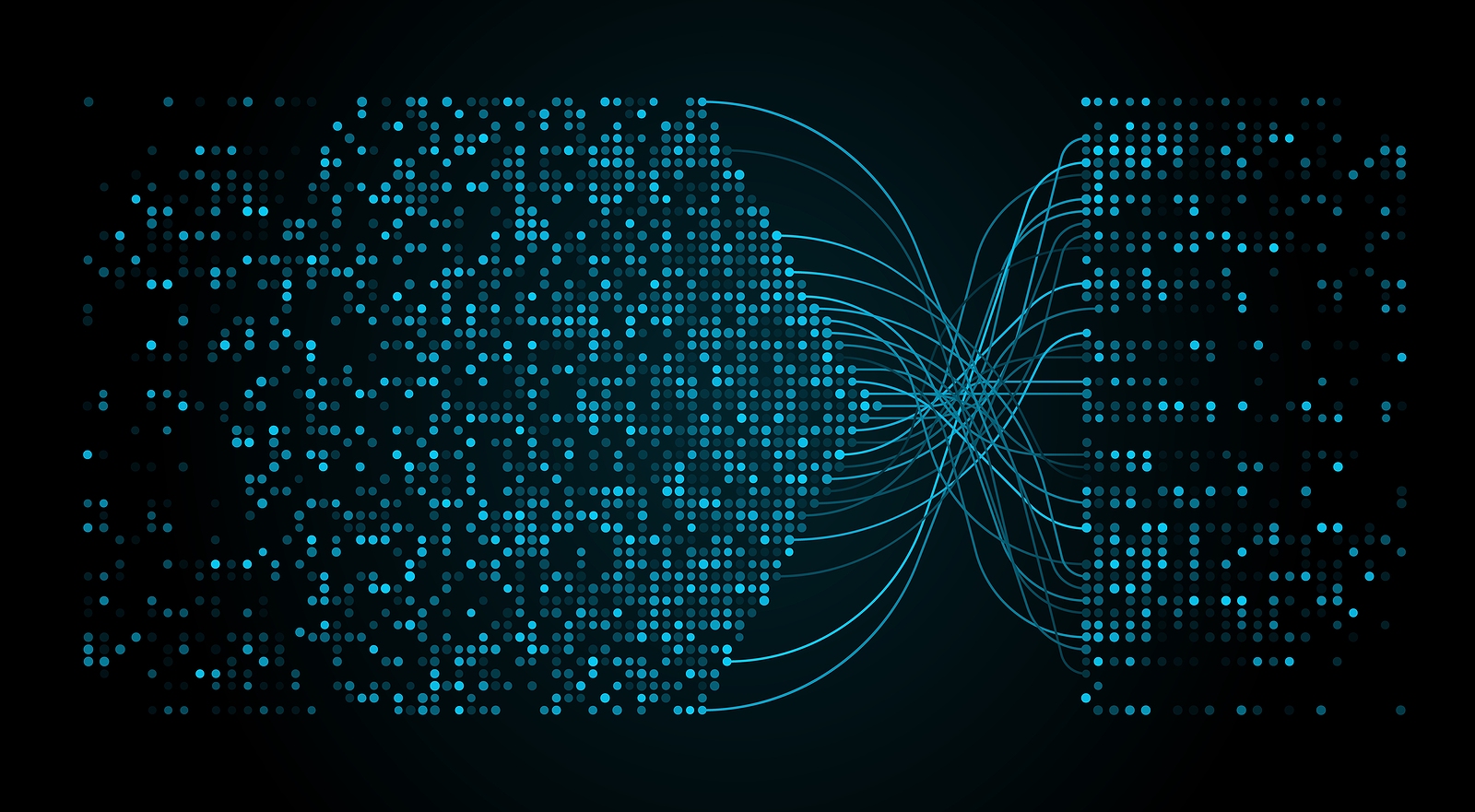Press Release
Johns Hopkins Applied Physics Laboratory Licenses Big-Data Analysis Tool to BullFrog AI
The Johns Hopkins Applied Physics Laboratory (APL), in Laurel, Maryland, has licensed a powerful data-analysis software tool — designed to discover patterns and relationships in large-scale and complex data — to BullFrog AI, Inc. The agreement enables BullFrog AI to use the tool to analyze clinical trial data and potentially make life-saving therapies and treatments available to patients quicker.
The tool is based on APL’s Socrates software, a graph analytics application that discovers patterns and relationships in large, complex sets of data. It grew out of a need across many Laboratory projects to be able to analyze large-scale, “messy” data, said Cetin Savkli, Ph.D., a chief scientist in APL’s Asymmetric Operations Sector and the inventor of Socrates.
The application features several advances in parallel computing and scalable distributed storage and uses a flexible graph model to represent complex data sets and knowledge. Every attribute of data is automatically indexed for fast random access and analytics processing. Its analytic capabilities are based on a probabilistic representation of data that captures a concise expression of knowledge. It uses this approach to provide anomaly detection and classification capabilities for high dimensional data including temporal behaviors.
The software addresses some of the key issues researchers face when dealing with large datasets. “The real bottleneck in big data is the human skillset, or lack thereof, it takes to properly store and later analyze immense quantities of data,” Savkli said. “Most people who are really good with mathematics and data analysis don’t have the computer science knowledge needed for big-data analysis, and vice versa, and you need to have both sets of skills to draw conclusions from big data. Socrates makes big-data analysis as simple as possible and that has been the key to its success.”
Researchers using Socrates previously discovered anomalous activities in real-world data sets created for homeland security applications. BullFrog AI intends to leverage the platform to harness valuable clinical data to solve challenges with patient targeting in clinical development.
“What’s really exciting about this licensing agreement is that it allows us to use intellectual property developed for cybersecurity and homeland protection to address challenges in the private sector — particularly the health care arena — to potentially uncover life-saving solutions otherwise buried in the large, disparate data sets,” said Norma Lee Todd, director of APL’s Office of Technology Transfer. “This proof of concept will open doors to a broader use of Socrates in the health care setting.”
